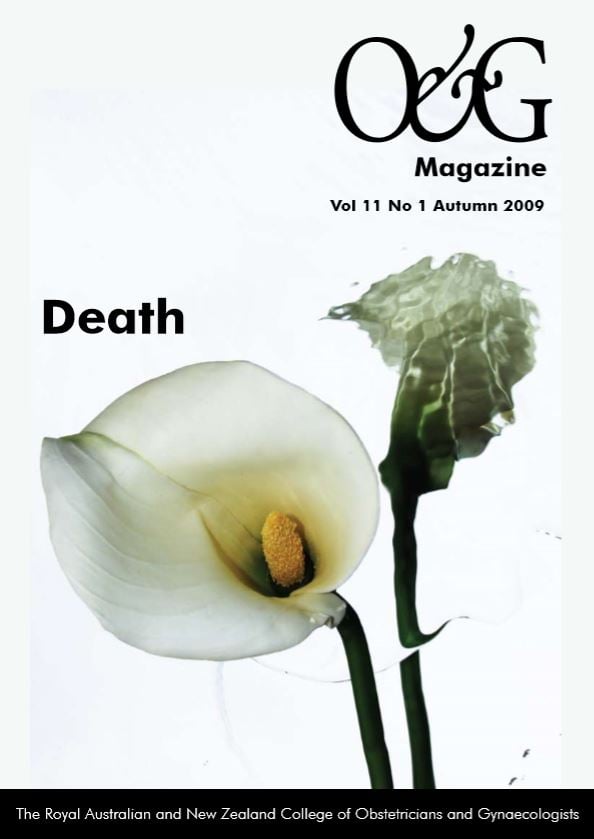‘The idea of death, the fear of it, haunts the human animal like nothing else; it is a mainspring of human activity – designed largely to avoid the fatality of death, to overcome it by denying in some way that it is the final destiny of man.’
– Ernest Becker
Of all the topics that occupy us, death and sex have to be at the top of the list. Money might be third. Religion, of course, is intimately bound up with death and sex (and money, too, for that matter) and so pervades all of these topics. Recent issues of O&G Magazine have been devoted to these most interesting of subjects: sexuality and religion. As the hot summer succumbs and the chill winds of autumn tickle our necks, we turn our attention at last to the ultimate human preoccupation – death.
Ernest Becker was a Jewish cultural anthropologist who, during US Army service in the Second World War, helped liberate fellow Jews from concentration camps in Europe. Becker had a life-long obsession with death, arguing that much of human civilisation was motivated by our knowledge and attempted symbolic avoidance of mortality. His book The Denial of Death saw him awarded a Pulitzer Prize, posthumously as fate would have it.
A wish to avoid dwelling on one’s own mortality is likely to be a strong motivator of much human activity, perhaps influencing our choice of career. Fortunately for us, obstetrics is a specialty dealing with relatively healthy young people. However, we must not become inured to the fact that miscarriage is actually death of a human and the grief associated with perinatal loss can be the most difficult to bear.1 While gynaecology usually deals with benign disease, gynaecological cancers are common and most of us will have had patients who have died from ovarian or cervical cancer.
In this issue of O&G Magazine we dial the GPS to the road less travelled. How can we cope with a maternal death? What about near-death experiences? How can we cope with death of a patient during surgery for benign disease? What do we make of stillbirth when there appears to be no cause? We hope that you will find a much broader examination of the topic of death than is usual in obstetrics and gynaecology magazines. As always, we thank our contributors for their insightful words on this most significant of topics.
Woody Allen famously said, ‘I am not afraid of death, I just don’t want to be there when it happens.’ Nor are we at O&G Magazine afraid of the subject of death. Death, like tax, is inevitable. With a clever accountant you can minimise your tax bill. Alas, there is no such luck with death.
References
- Raphael B. The anatomy of bereavement. 1983; New York: Basic books






Leave a Reply